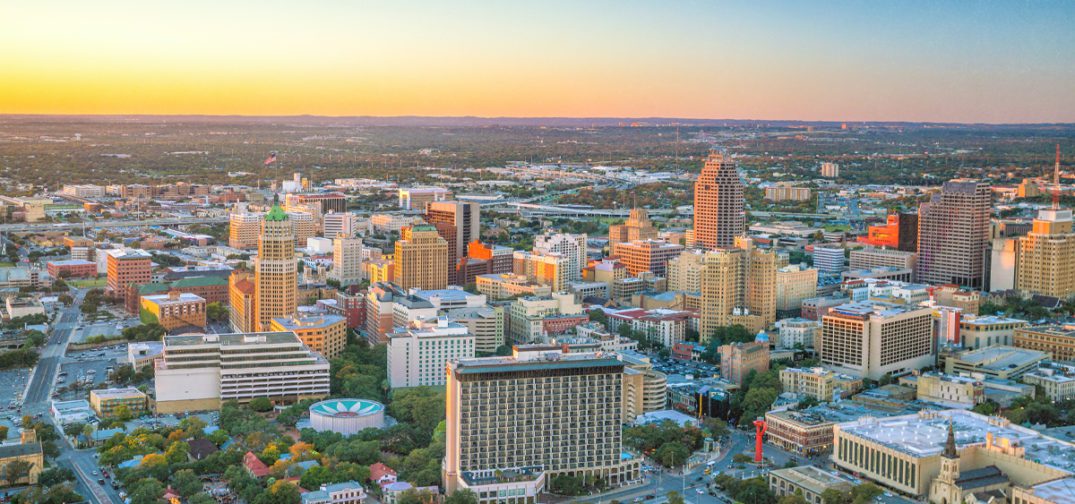The number of first-offense, misdemeanor cannabis cases referred to the Dallas County, Texas district attorney’s office from 2018 to 2019 dropped 31% once District Attorney John Creuzot was elected and followed through on his promise to stop prosecuting such cases, according to a Deason Center report. In 2019, the number of low-level cannabis cases fell to a monthly average of 384, from a monthly average of 554 the year prior; however Black people still comprised the majority of referrals sent to the DA.
In Dallas County, Black people comprise 23% of the population but made up 54% of cannabis-related referrals in 2018. In 2019, Black people represented 56% of the referrals sent to the DA, despite fewer overall referrals sent. The relative likelihood of cannabis referral in Dallas County in 2019 for Black people also increased from 4 times as likely the prior year to 4.4 times as likely.
“Racial disparity in marijuana referrals was worse in 2019 than in 2018. Black people were even more likely than non-Black people to be referred for marijuana prosecution.” — Deason Center, “Fewer, Not Fairer”
Pamela Metzger, director of the Deason Center, told D Magazine that “it’s really hard to understand these as cases that are anything less than the police kind of imposing their own set of punishments.”
“Now, that may not be what they intend,” she said in the interview. “But if you’re the person sitting in jail, on a case that the DA’s office has been saying for two solid years — actually, almost three now — will be declined, [it’s] very hard to understand how this isn’t punishment without process.”
The report also points out that in 2019, the racial disparity in cannabis cases referred to the DA’s office improved in Mesquite (7% better), the city of Dallas (5% better), and Grand Prairie (3% better), the disparity got worse in Richardson (5% worse), Garland (16% worse), and Irving (23% worse).
In April, Dallas Police announced they would stop charging individuals who are caught with small amounts of cannabis for personal use. According to the D Magazine report covering the reforms, Chief Eddie Garcia wrote in a memo that the changes were being implemented “to lessen the impact of arresting individuals for low-level amounts of marijuana.”
City police officers now only charge for possession if the person has two ounces or more or evidence of sales.
Get daily cannabis business news updates. Subscribe
End
